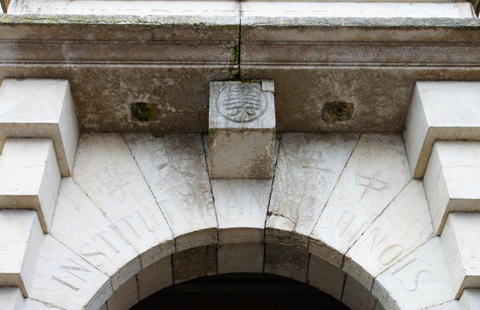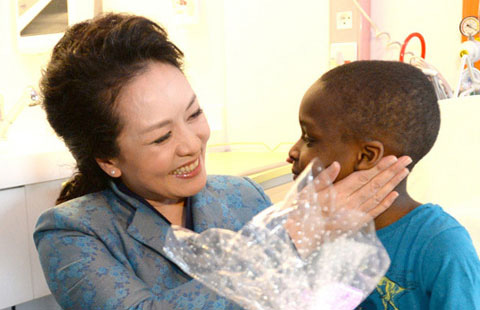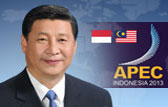China-EU relations
Updated: 2013-11-14 10:32
(Chinadaily.com.cn)
Comments Print Mail Large Medium SmallThe second phase (1990 -2005)
--In 1990, the Euopean Commision in October decided to gradually rebuild bilateral relations.
--In 1992, China-EU relations returned to normal, but the arms embargo had not been lifted. In the same year, China and the EU also opened up the environment dialogue.
--In 1994, the EU launched a new bilateral political dialogue and bilateral relations entered a new stage of strategic change.
--In 1995, the European Commission passed a strategic document on the "long-term policy of China-EU relations," which stressed the need to fully develop political, economic and trade relations. Also in this year, the EU launched a special human rights dialogue with China.
--In 1996, the European Commission issued a "new strategy for EU cooperation with China," pledging to further promote bilateral cooperation in economy and trade and science and technology.
--In 1998, the European Commission published files of "Building a comprehensive partnership with China", which lifted the EU-China bilateral political ties to the level of Europe-America and, Europe-Japan. This year, the mechanism of EU leaders summit was established, and the first summit was held in London.
-- In 2000, the two sides reached an agreement on China's accession to the WTO.
--In 2001, the European Commission issued an "EU China strategy" which put forward specific practical short-term objectives and action points.
--In 2003, the European Commission published a further "Maturing partnership-shared interests of the EU-China relations and Challenges" document that showed the progress in the breadth, depth, specificity, seriousness and clarity of the EU China policy. In October, China published "China's EU Policy Paper," the first policy document for a specific region or country. Held in November the same year, the sixth China-EU summit decided to establish a fully autonomous bilateral comprehensive strategic partnership, which marked that China-EU relations had entered a new stage. The two sides signed the "Galileo satellite navigation cooperation agreement."
--In 2004, Chinese diplomacy almost became a "European Year," with exchange visits of senior leaders of the two sides. The two sides signed a tourism agreement, established the mechanism of political dialogue on environment to strengthen cooperation on climate change, biodiversity and water resources; a "China-EU Science and Technology Cooperation Agreement" was also signed at the same year
--In 2005, China's then-President Hu Jintao visited the United Kingdom, Germany and Spain to further promote China-EU comprehensive strategic partnership.
This phase is the strategic turning point of the development of China-EU relations. In the context of significant changes in the world (including the 2003 Iraq war), the EU and China showed more and more consensus and common interests on international affairs while also facing new challenges.
The EU for its own needs and practical interests changed its previous policy that neglected China and also Asia. It showed a proactive stance in the development of China-EU relations and published a series of important documents related to China. In this regard, China has made a positive response.
Another outstanding feature is the comprehensive development of China-EU relations, as well as the expanding and deepening China-EU cooperation. This phase marked the best period of China-EU relations in history, and the good political relations laid an important foundation for the development of economics and other areas.
In 2004, the EU became China's largest trading partner, while China is the EU's second largest trading partner after the US. China-EU's trade volume reached $177.28 billion. The EU has been an important source of foreign investment in China. By the end of 2003, the EU's actual investment reached $ 37.7 billion.
In 2004, the two sides signed a tourism agreement and established the mechanism of political dialogue on the environment to strengthen cooperation on climate change, biodiversity and water resources. A "China-EU Science and Technology Cooperation Agreement" was signed the same year. The EU also held several rounds of dialogue on human rights.







